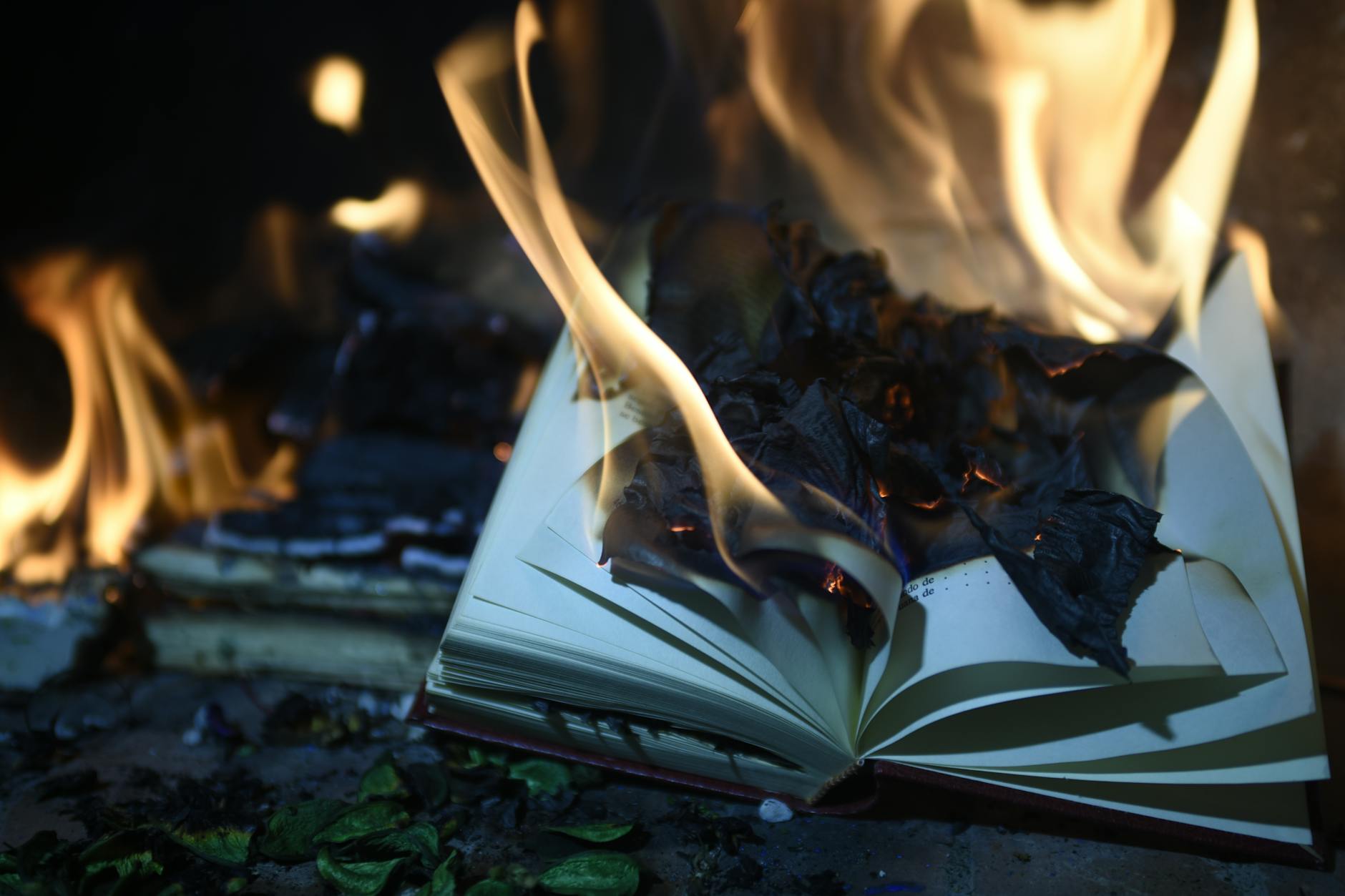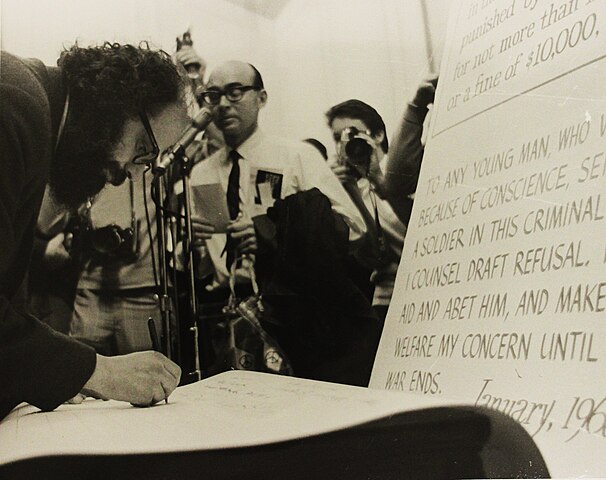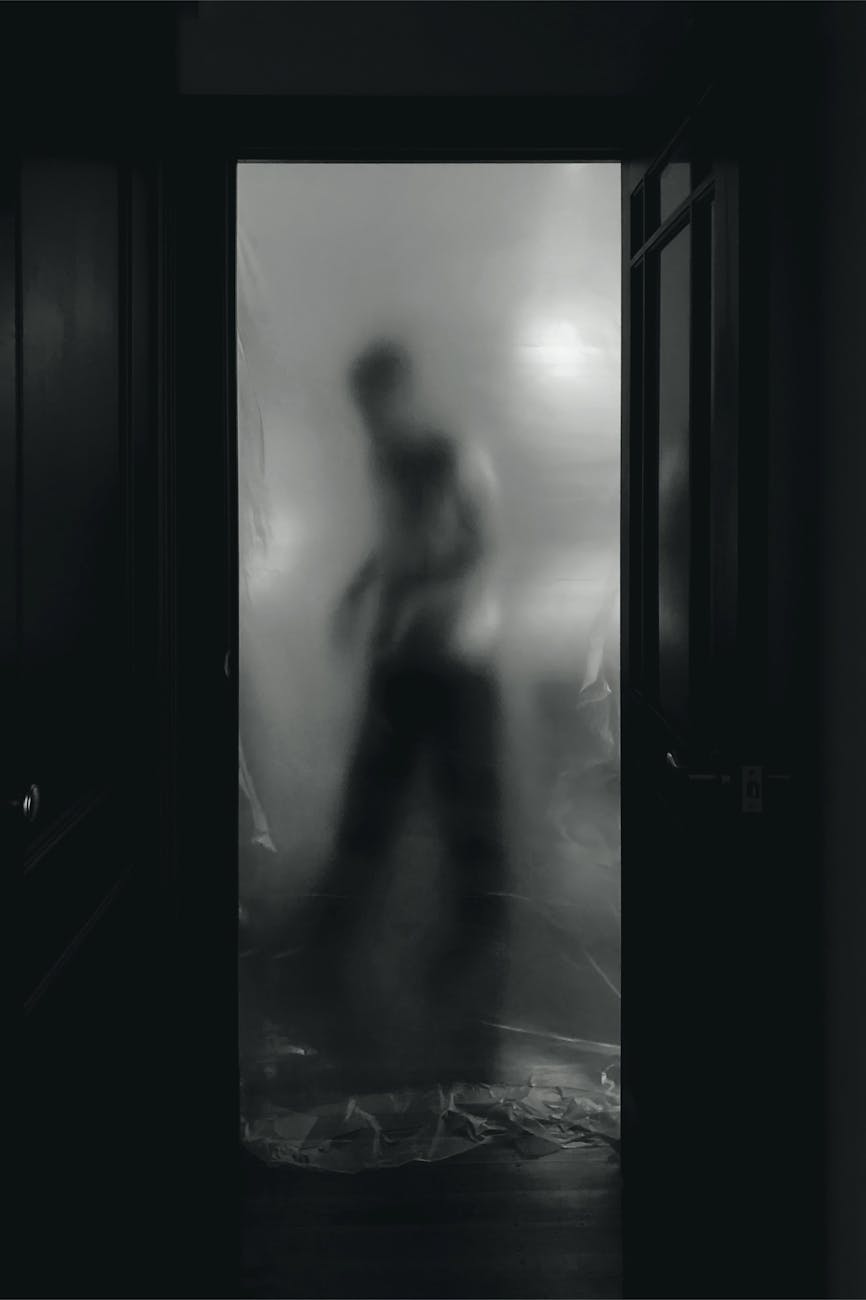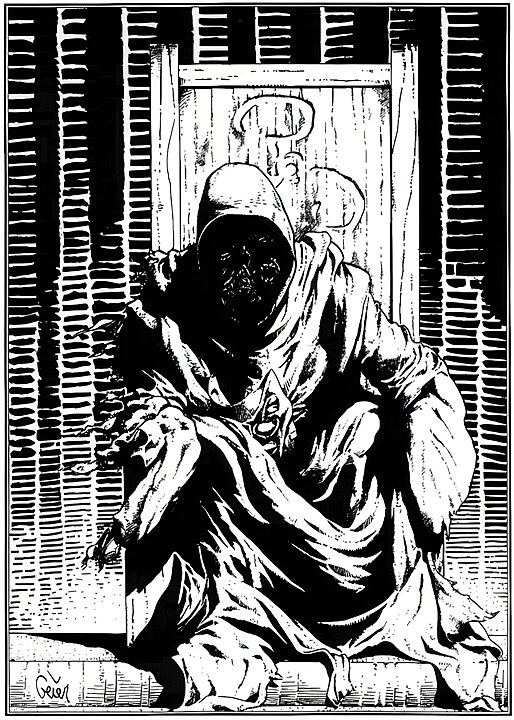At the end of the endearing Kevin Bacon film Footloose (1984), John Lithgow, playing the antagonist Rev. Shaw Moore, realizes he has created a truly noxious environment of zealotry and closemindedness after his ban on dancing results in his flock piling books into a big pile with the intention to set it ablaze. Book burnings are a byproduct of fascist ideology in this case. Luckily, Lithgow convinces everybody to stop their staunch, entrenched antics, and therefore has an epiphany that resisting difference with extreme prejudice is not the right course of action.
As we know, Footloose is fiction…but that doesn’t mean book burnings and banning dance parties hasn’t happened. Unfortunately, wherever there is knowledge, there will be those who look to remove it, because facts and evidence can stand contrary to entire parties—and that really upsets oligarchs, demagogues, and dictators. For today’s post, let’s take a look at the world as Ray Bradbury envisioned it in Fahrenheit 451 (1953) and try to understand why burning books happens.
Knowledge is power. Literally.
Books allow the average person to learn more, which goes beyond just learning new facts, but books allow people to understand new narratives, new points of view, and new arguments (“Letter from Birmingham Jail” by MLK).
The more information and education that people have access to, the more likely they are going to challenge institutions of power—and, if you don’t know, that doesn’t always sound agreeable to those who are trying to maintain that power.
Professors Edward Glaeser, Giacomo Ponzetto, and Andrei Shleifer argue in “Why does Democracy need education?” that education and democracy are highly correlated.
“Education increases the society-wide support for democracy because democracy relies on people with high participation benefits for its support,” they write. “We show that better educated nations are more likely both to preserve democracy and to protect it from coups.”
“Why does Democracy need education?”
Without a doubt, this is important, because it argues that there is political power in being a well-read citizen. So, a good way to dissuade populations from challenging authority is by burning books that sow the seeds of education, because, as Orwell wrote, “Who controls the past, controls the future. Who controls the present, controls the past.”
Creating new histories
Researchers have also suggested that conquering armies have targeted these domains of knowledge deliberately during wartime. Book burnings can create new histories.
“… Books of poetry, philosophy and history were specifically targeted, so that (a new emperor, king, faction, etc.) couldn’t be compared to more virtuous or successful rulers of the past,” states writer Lorraine Boisoneault.
This goes specifically for Emperor Shih Huang Ti of China and Caliph Omar—the latter of which ordered over the burning of over 200,000 books from the Library of Alexandria because they stood in contrast to the religious ideology (Seeker).
And, I suppose, the elimination of knowledge is not the only reason books are burned, but it’s certainly a compelling and familiar rationale for perpetrators.
Symbolic action
As John Henley states writing for The Guardian:
“There’s something uniquely symbolic about the burning of books. It goes beyond censoring of beliefs and ideas. A book, plainly, is something more than ink and paper, and burning one (or many) means something more than destroying it by any other means.”
“Book-Burning: fanning the flames of hatred”
And what Henley is hinting at is what visual rhetoricians have been pointing out for years, which is that books have a life of their own—they are not static constructs. They evolve and change, and they can be interacted with and expanded upon.
For leaders who sometimes need an unchanging view of the world—a text’s very nature is incompatible.
While brief, hopefully this gives you some view of why regimes and institutions might see book burning as a suitable response to maintaining power. For tomorrow’s post, I will be discussing a few real-life examples.
Works Cited
“Why Did Nazis Burn Thousands of Books.” Seeker. Aug. 13, 2015. Web.
Boissoneault, Lorraine. “A Brief History of Book Burning, From the Printing Press to Internet Archives.” Smithsonian. Aug. 31, 2017. Web.
Glaeser, Edward, Ponzetto, Shleifer. “Why does democracy need education?” Springer Science, Business Media. May 31, 2007. Web.
Henley, Jon. “Book-Burning: fanning the flames of hatred.” The Guardian. Sept. 10, 2010. Web.
Rothman, Lily. “The Real History Behind Book Burning and Fahrenheit 451.” Time. May 18, 2018. Web.
Discover more from The Writing Post
Subscribe to get the latest posts sent to your email.




One thought on “Knowledge on fire: why do book burnings happen?”
Comments are closed.